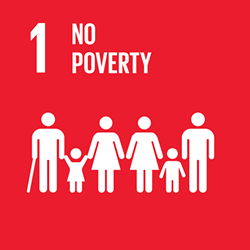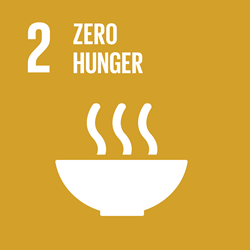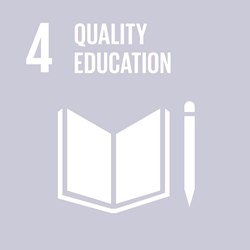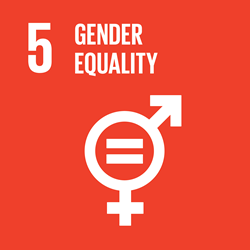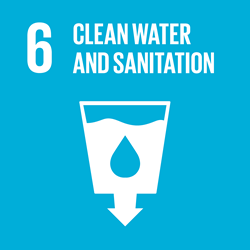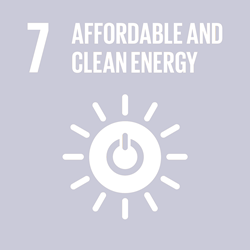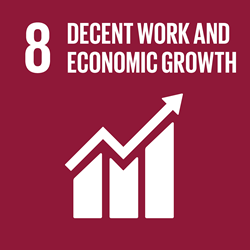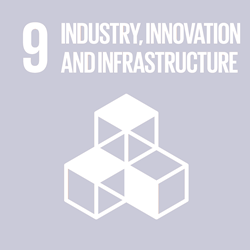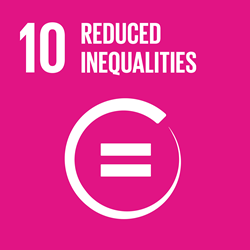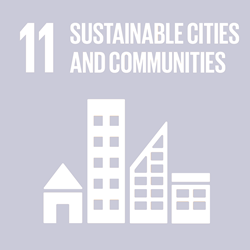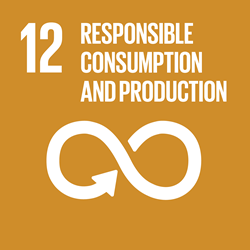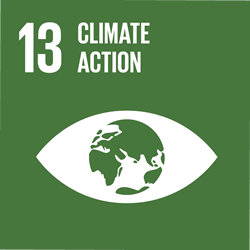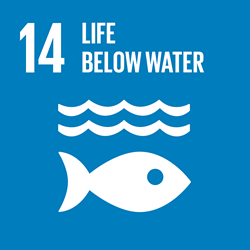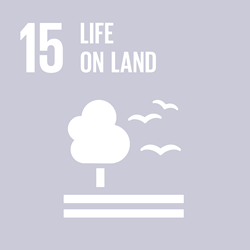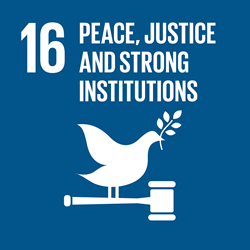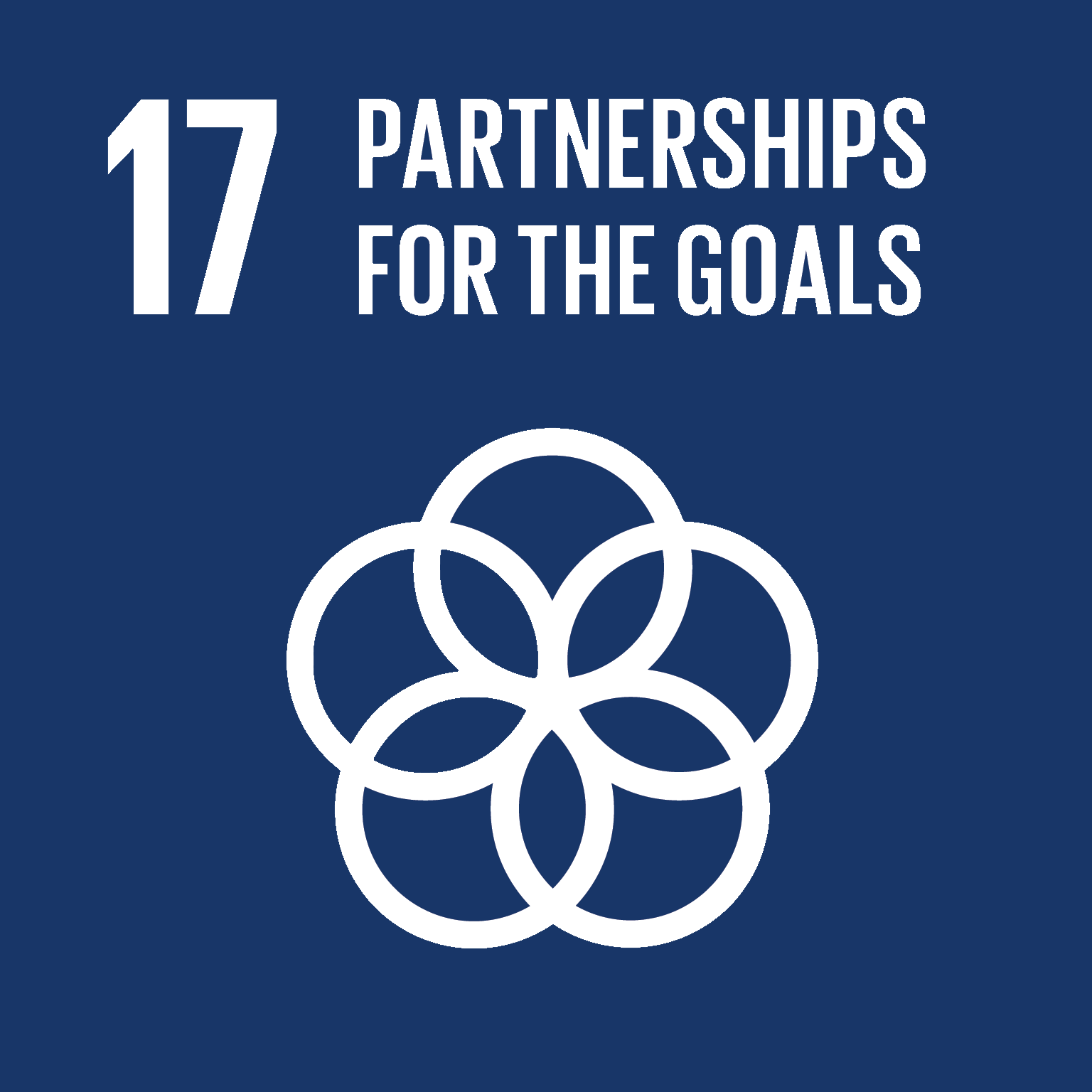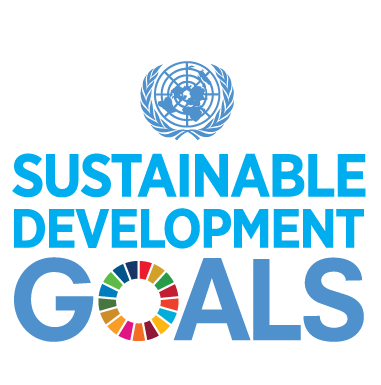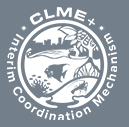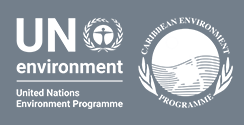Please click on the colored SAP Strategy icon to obtain more information on the specific SAP Actions this initiative is contributing to (double-click to hide again)
1. Enhance the regional governance arrangements for the protection of the marine environment
1.1. Establish and operationalise a formal agreement for coordinated action with Brazil
1.2. Establish and strengthen regional institutional coordination and cooperation arrangements
1.3. Evaluate expansion and strengthening of the mandate of organizations to effectively address issues relating to habitat degradation and pollution in the marine environment
1.5. Establish and/or enhance the capacity of the regional,sub-regional and national governance arrangements for the involvement of civil society in the implementation of the EBM/EAF approach (IGOs,NGOs,CBOs,private sector...)
1.6. Enhance the capacity within and among arrangements to undertake and mainstream lessons learned and findings from monitoring,science and research in regional, sub-regional and national decision-making
1.7. Establish and/or enhance the capacity within and among arrangements to undertake and mainstream valuation of ecosystem goods and services in regional, sub-regional and national decision-making and policy development
1.8. Establish and/or increase the capacity of (sub-)regional organizations and countries for integrating the management of terrestrial drainage basins with the management of the marine recipient basins and coastal development(CLME and NBSLME)
1.9. Strengthen the capacity of the regional and sub-regional arrangements to support countries in becoming parties to relevant international and regional agreements and complying with their global and regional commitments towards the conservation of the marine environment (including the support to update and harmonize national legislation and regulations)
1.10. Establish and/or enhance the data and information quality and collection and management capacity of the regional, sub-regional and nationalgovernance arrangements for the protection of the marine environment, including through the establishment of public-private partnerships
1.11. Establish and/or enhance the capacity of the regional, sub –regional and national governance arrangements for the monitoring, assessment and reporting on the state of the marine environment
2. Enhance the regional governance arrangements for sustainable fisheries
2.1. Establish an interim arrangement for sustainable fisheries coordinated by FAO-WECAFC and including CRFM; OSPESCA; and OECS
2.2. Review, and reform WECAFC as needed to clarify and strengthen its mandate and relationships with Regional Fisheries Bodies such as CRFM, OSPESCA and ICCAT
2.3. Evaluate the needs and the options, agree on the mandate & operationalise a Regional Fisheries Management Organisation (RFMO) or alternative arrangement for the management of shared living marine resources (as applicable*)
2.4. Establish and/or enhance the capacity of the regional, sub-regional and national governance arrangements for the broader involvement of society in the implementation of the EBM/EAF approach (IGOs, NGOs, CBOs, private sector...)
2.5. Establish and/or enhance the capacity of the regional, sub-regional and national fisheries institutions to develop and implement harmonized management and conservation measures, with special focus on Illegal, Unreported and Unregulated Fishing (IUU) and Monitoring, Control & Surveillance (MCS)
2.6. Coordinate the development and implementation of fisheries-specific initiatives for IUU and MCS
2.7. Coordinate the development and implementation of regional, sub-regional and national initiatives for sustainable small scale fisheries (including capacity building and pilot initiatives)
2.8. Coordinate the development and implementation of regional, sub-regional and national initiatives to improve welfare and livelihoods through the provision of Decent Work(including through the development of alternative livelihoods, capacity building and pilot initiatives)
2.10. Establish and/or enhance the capacity to manage knowledge and to mainstream findings from monitoring, science and research in regional, sub-regional and national decision-making and policy development for sustainable fisheries
2.11. Establish and/or enhance the capacity to undertake and mainstream valuation of ecosystem goods and services in regional, sub-regional and national decision-making and policy development for sustainable fisheries
2.12. Strengthen the capacity of the regional and sub-regional arrangements to support countries in becoming parties to relevant international and regional agreements and complying with their global and regional commitments towards the sustainable use and conservation of the marine environment and associated living resources (including the support to update and harmonize national legislation and regulations)
2.13. Establish and/or enhance the data and information quality and collection and management capacity of the regional, sub-regional and national fisheries governance arrangements, including through the establishment of public-private partnerships
2.14. Establish and/or enhance the capacity of the regional, sub-regional and national fisheries governance arrangements for the monitoring, assessment & reporting on the state of fisheries
3. Establish and operationalise a regional policy coordination mechanismfor ocean governance, with initial focus on shared Living Marine Resources
3.1. Decide upon and establish an interim coordination mechanism amongst the regional sub-arrangementsfor sustainable fisheries and for the protection of the marine environment
3.2. Evaluate all options and propose a permanent policy coordination mechanism with a clear mandate which is financially sustainable, geographically inclusive and politically acceptable and which takes into account the principle of subsidiarity (this may include the identification of appropriate reforms)
3.3. Adopt and operationalise the permanent regional policy coordination mechanism for shared Living Marine Resources (sLMR) governance
3.4. Develop and adopt a regional policy for data and information harmonization and sharing
3.5. Develop and coordinate integrated and sectoral research strategies in support of the implementation of broader ocean governance in the region, with a short and medium term focus on sLMR management
3.6. Develop and coordinate integrated and sectoral sustainable financing strategies for the cost-effective implementation of broader ocean governance in the region, with a short and medium term focus on sLMR governance
3.7. Facilitate the preparation of data and information products and the uptake of monitoring and research outputs by (sub)regional and national science-policy interfaces
4. Enhance the governance arrangements for ecosystem-based management for reefs and associated ecosystems
4.1. Strengthen the formal cooperation between OSPESCA and CCAD for implementing the EBM/EAF approach
4.2. Establish and/or enhance the cooperation between environmental, fisheries and other relevant agencies within CARICOM for implementing the EBM/EAF approach
4.3. Establish, strengthen and harmonize, (sub-)regional and/or fisheries-specific initiatives to combat IUU fishing by combining compliance measures (Monitoring Control and Surveillance plus awareness building among consumers & producers) with the provision of alternative livelihoods
4.4. Coordinate and enhance (sub-)regional and national efforts for the conservation of the biodiversity of reef and associated habitats, including through the strengthening of networks of marine protected areas (MPAs), and initiatives for sustainable reef fisheries* such as programmes dealing with alien invasive species
4.5. Develop and implement initiatives for sustainable livelihoods by building capacity for diversification, fostering and facilitating viable alternative sources of Decent Work and/or improved incomes, and creating addedvalue (e.g. through marketing and sales)
4.7. Strengthen the capacity of Regional Fisheries Bodies to engage and build capacity among member States to implement the EBM/EAF approach, through National Action Plans (NAPs), data/information management and analysis, and operationalisation of national intersectoral coordination and consultation mechanisms that include science-policy interfaces
4.8. Operationalise and strengthen interlinked Decision Support Systems (DSSs) for the protection of reefs and associated ecosystems and for the sustainable management of associated living marine resources
4A. Enhance the governance arrangementsfor implementing an ecosystem approach for spiny lobster fisheries
4A.1. Establish, strengthen, and coordinate arrangements between the FAO-WECAFC, OSPESCA, UNEP-SPAW, and CRFM for harmonizing the spiny lobster fishery governance and management throughout the CLME+region
4A.2. Evaluate and expand, as applicable,the geographic scope of the governance arrangement operated by OSPESCA, taking into consideration both the perspectives of species range (ecosystem approach) and of common markets
4A.3. Strengthen and achieve full implementation of policy cycles under the existing sub-regional governance arrangements for the management of the spiny lobster fisheries, including linkages with organizations working on the environmental protection of reefs and associated ecosystems
4A.4. Operationalise and strengthen a DSS for the spiny lobster fisheries (including linkages to the DSS for the protection and sustainable management of reefs and associated living marine resources)
4B. Enhance the governance arrangementsfor implementing an ecosystem approach for queen conch fisheries
5. Enhance the governance arrangements for implementing an ecosystem approach for pelagic fisheries
5.2. Establish, strengthen and harmonise(sub-)regionaland/or fisheries-specificinitiatives to combatIUU by combining compliance measures (Monitoring Control and Surveillance plus awareness building among consumers andproducers) with the provision of alternative livelihoods
5A. Enhance the governance arrangements for implementing the ecosystem approach for flyingfish fisheries
5A.1. Strengthen the FAO-WECAFCand CRFM sub-regional arrangement for the assessment and management of the flyingfish fisheries including the establishment of a decision-making capacity for management
5A.2. Establish and operationalise a formal agreement between the CRFM and France on the management of the flyingfish fisheries
5A.3. Operationaliseand strengthen an integrated, sub-regional decision support system (DSS) for the flyingfish fisheries (in coordination with the large pelagics arrangements)
5A.4. Strengthen the FAO-WECAFC and CRFM capacity to develop, adopt and implement management and conservation measures for the flyingfish fisheries(full policy cycle implementation)
5A.5. Implement the CRFM/FAO-WECAFCSub-Regional Management Plan for flyingfish fisheries in the Eastern Caribbean
5A.6. Develop and implement education and awareness building initiatives to improve understanding and enhanced stakeholder commitment and particpation in planning and decision-making in the flyingfish fisheries
5B. Enhance the governance arrangementsfor implementing an ecosystem approach for large pelagics fisheries
6. Implement EBM/EAF of the Guianas-Brazil continental shelf with special reference to the shrimp and groundfish fishery
6.1. Strengthen theFAO-WECAFC-CRFM sub-regional arrangement for the management of the shrimp and groundfish fisheries, and establish a decision-making capacity for policy formulation and management
6.2. Explore and establish a sub-regional arrangement to address both marine and land-based sources of pollution within the context of the expanded framework for the protection of the marine environment built under Strategy 1
6.3. Explore and establish a sub-regional arrangement to address the issue of coastal habitat degradation and destruction within the context of the expanded framework for the protection of the marine environment built under Strategy 1
6.6. Operationalise and further enhance an interlinked, sub-regional decision support systems (DSS) for sustainable fisheries and environmental protection in the Guianas-Brazil continental shelf
6.7. Establish and/orthe capacity of sub-regional and national arrangements for implementing management and conservation measures
6.8. Establish and/or the capacity of Regional Fisheries Bodies to cooperate withand build capacity among member States to implement the EBM/EAF approach, through National Action Plans (NAPs), data/information management & analysis capacity, and operationalisation of national intersectoral coordination and consultation mechanisms(incl. science-policy interfaces)
6.9. Establish and/or strengthen and harmonize (sub-)regional initiatives to combat IUU by combining compliance measures (Monitoring Control and Surveillance plus awareness building among consumers and producers) with the provision of alternative livelihoods
6.10. Develop and implement initiatives for sustainably enhancing livelihoods by identifying and building capacity for diversification, viable alternative sources of Decent Work and/or improved incomes, and creating added value for current catches
6.11. Develop and implement sub-regional EAF management plans for shared fishery resources along the Guianas-Brazil Shelf

 Antigua and Barbuda
Antigua and Barbuda  Barbados
Barbados  Belize
Belize  Brazil
Brazil  Colombia
Colombia  Costa Rica
Costa Rica  Dominica
Dominica  Dominican Republic
Dominican Republic  Grenada
Grenada  Guatemala
Guatemala  Guyana
Guyana  Haiti
Haiti  Honduras
Honduras  Jamaica
Jamaica  Mexico
Mexico  Panama
Panama  Saint Kitts and Nevis
Saint Kitts and Nevis  Saint Lucia
Saint Lucia  Saint Vincent and the Grenadines
Saint Vincent and the Grenadines  Suriname
Suriname  Trinidad and Tobago
Trinidad and Tobago  United States of America
United States of America 